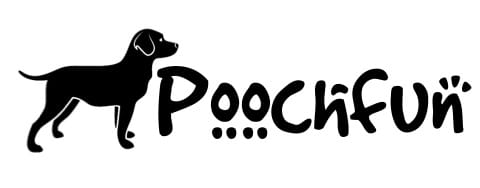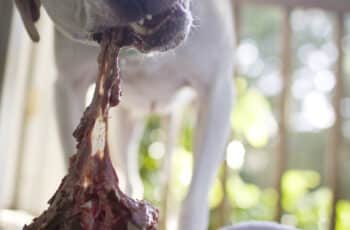Dogs should never eat too much of what people eat. How much is too much, though?
The World Small Animal Veterinary Association says that treats, such as human food, shouldn’t make up more than 10% of your dog’s diet. Even if food is healthy for people, that doesn’t mean it’s safe for dogs.
Keep in mind that every dog is different, so try a small amount of any new food. If your dog has an adverse reaction, you should talk to a vet. If you feed your dog the wrong food, he or she could lose their appetite, get heart damage, or even die.
Here’s a list of people’s foods that dogs can eat, as well as some things you should never give to your dog.
What Foods Dogs Can Eat
If you want to give your dog some treats from your kitchen, start with a small amount and watch for any reactions. Keep in mind that treats and snacks, even healthy ones, should only make up a small part of a dog’s balanced diet. This isn’t a complete list of human foods that are good for dogs, but it’s a good place to start if you want to give your dog a healthy treat.
• Oatmeal
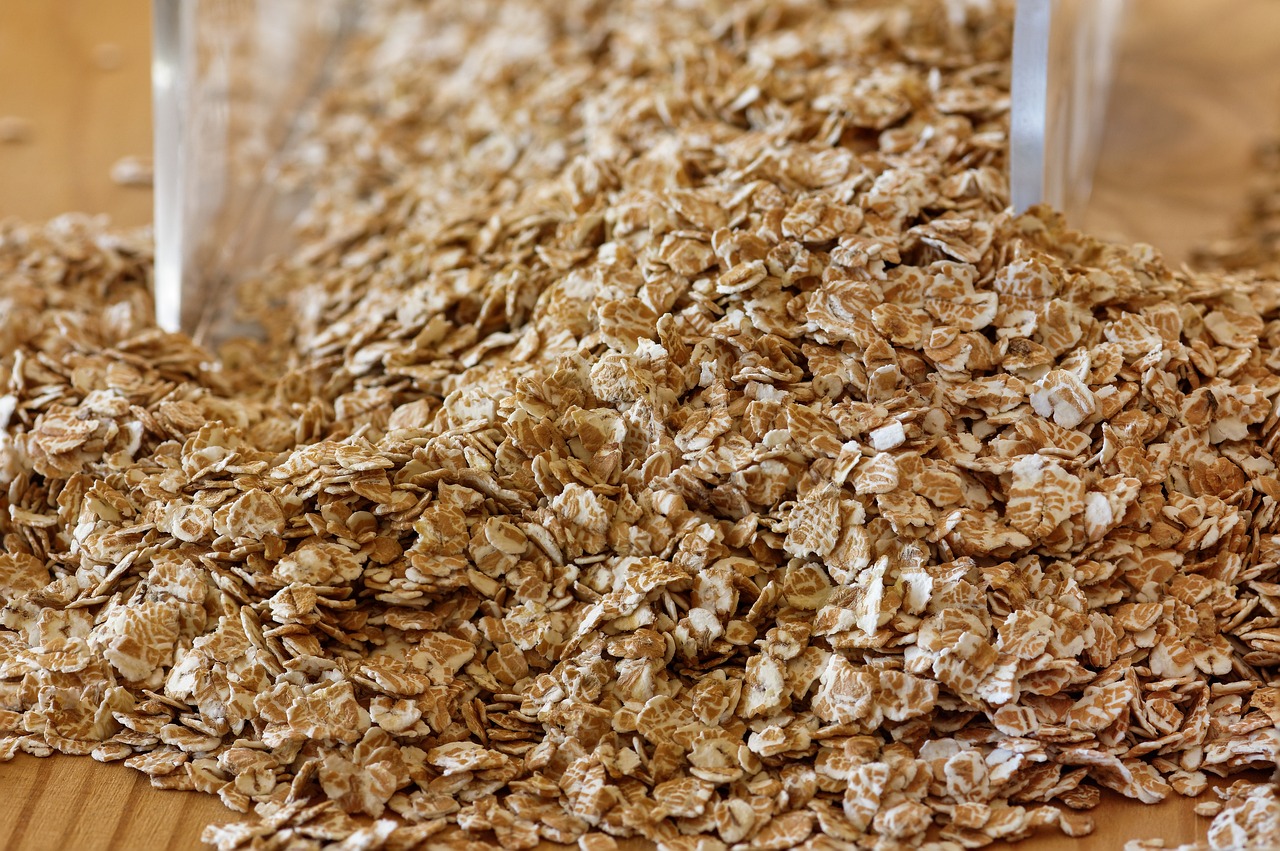
Oatmeal has a lot of fiber, so it’s great for dogs with bowel problems and safe for dogs with wheat allergies. Check the package before giving your dog oatmeal. Only serve whole grain oats that haven’t been sweetened or flavored. About one tablespoon is the right amount of food for a 20-pound dog. You don’t want to give them too much oatmeal because it can cause stomach and weight problems.
Cook the oatmeal in water, not milk, because milk can upset a dog’s stomach. Let it cool a bit before giving it to your dog. Oatmeal can be put on top of food or eaten by itself.
• Cottage Cheese
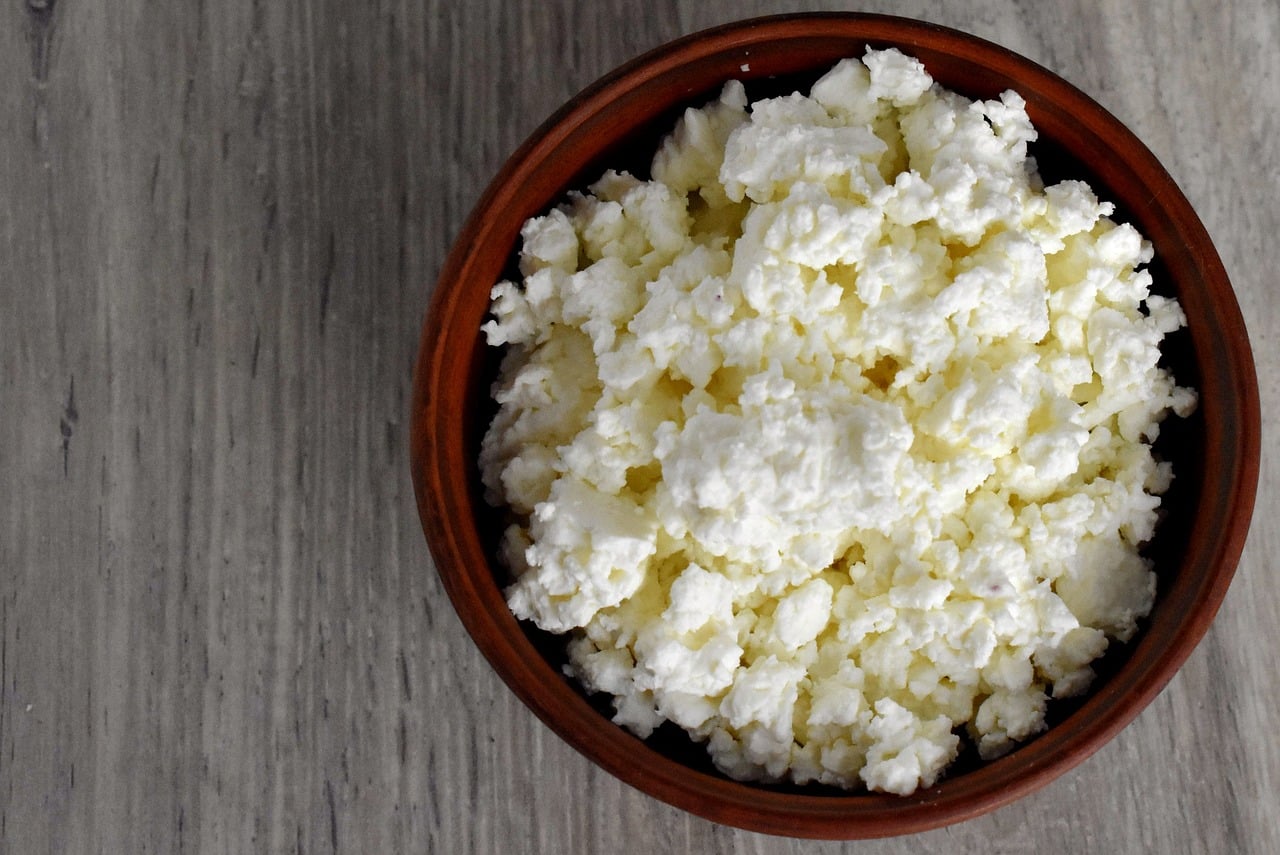
High in calcium and protein, this bland food can be a good addition to dog food. But if your dog has trouble digesting dairy, you should stay away from cottage cheese.
As a special treat, add just one or two teaspoons of cottage cheese. Or, mix with cooked rice and give your dog a small amount to help settle his stomach.
• Carrots
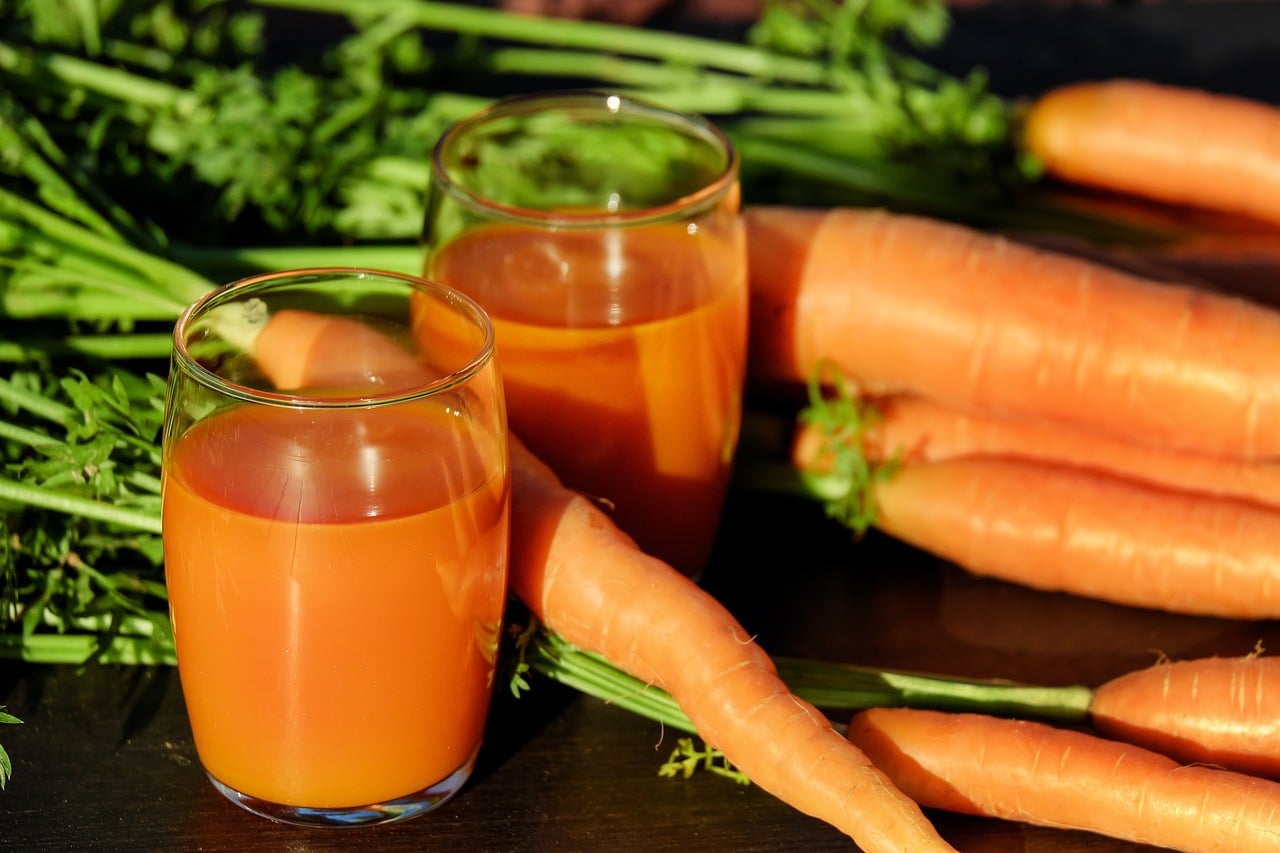
This vegetable has few calories and a lot of vitamins and fiber. Also, dogs can help their teeth by crunching on carrots.
You can eat carrots raw or cooked, but make sure to cut them into small pieces so you don’t choke on them. To keep your dog’s diet balanced, don’t give him more than one medium carrot as a treat per day.
• Green Beans
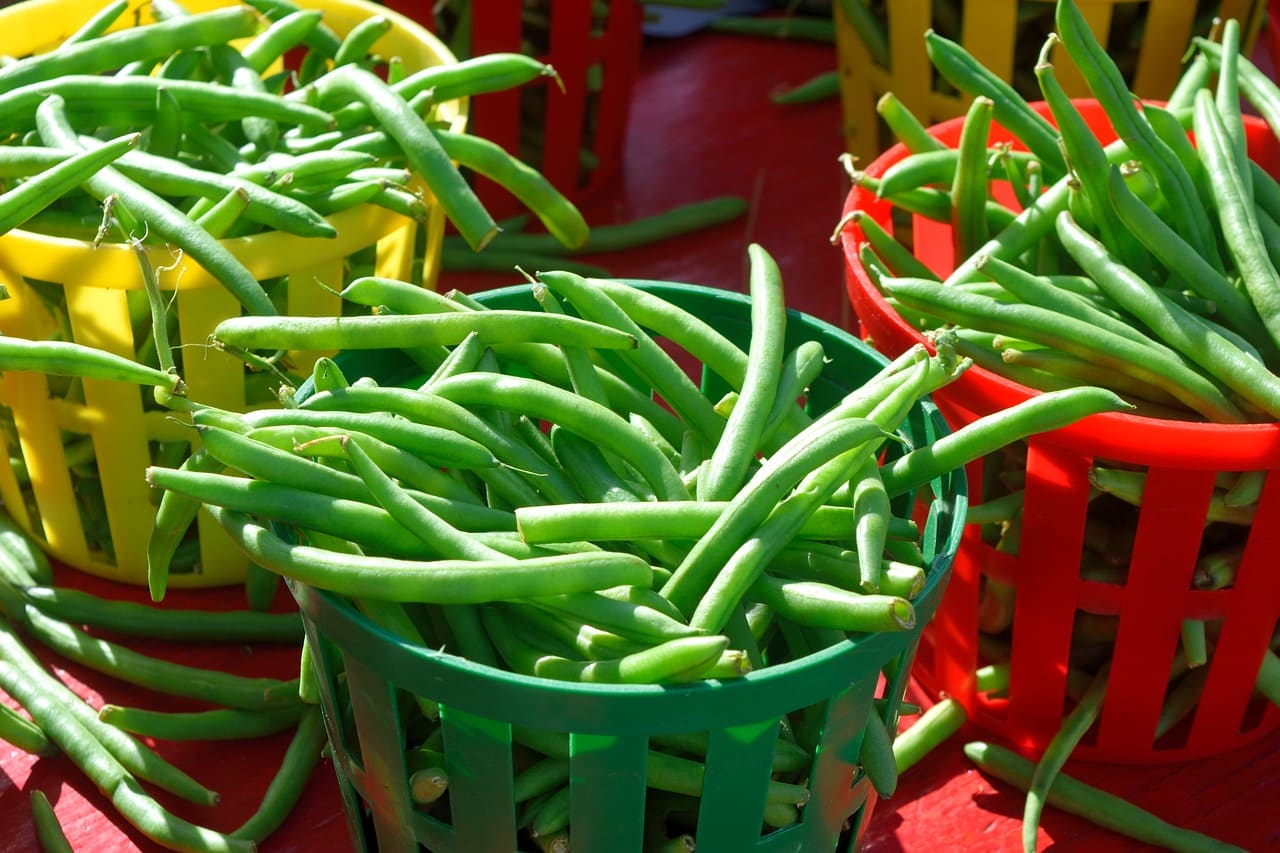
Green beans are a healthy vegetable that will give your dog iron and vitamins. They are also low in calories. Make sure your dog only gets cooked green beans or green beans that haven’t had any salt added to them.
Most types of beans contain lectins, a type of protein that, depending on how much is eaten, can be hard on the digestive system. The safest way is to make sure green beans are cooked all the way through before giving them to your dog.
• Peanut Butter
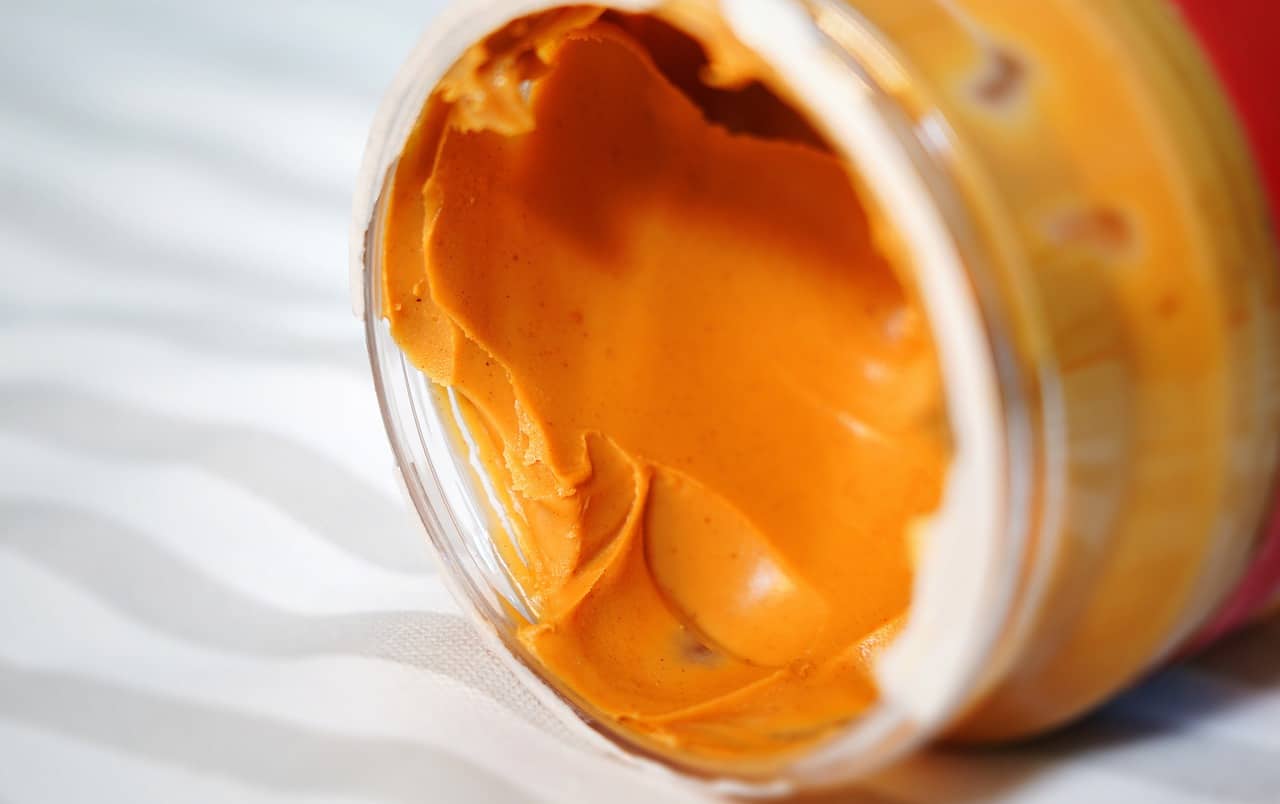
Giving your dog a tablespoon of unsalted peanut butter once in a while is a treat that you and your dog will both enjoy. It’s a great way for dogs to get protein and healthy fats. You can give your dog peanut butter that is either crunchy or smooth. Make sure the peanut butter you choose doesn’t have salt in it. Salt can make your dog drink and urinate too much, which can lead to sodium ion poisoning.
It’s very important that the peanut butter you give your dog doesn’t have xylitol in it. Dogs quickly absorb xylitol, which can cause a lot of insulin to be made and a drop in blood sugar that could be life-threatening.
• Yogurt
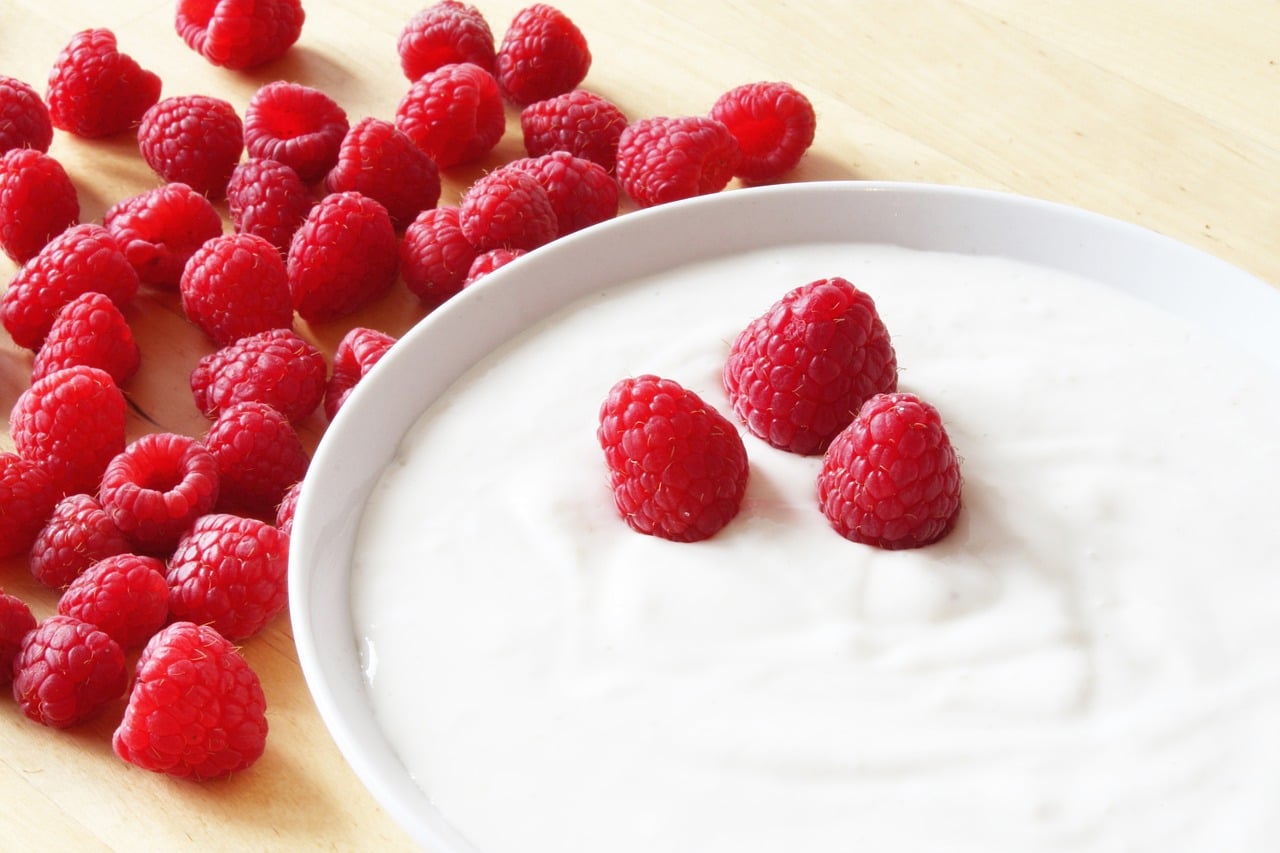
Plain yogurt is a great treat for dogs, especially if your dog has trouble digesting. It is high in protein and calcium. Make sure you choose yogurts that don’t have added sugar, fruit, or artificial sweeteners like xylitol.
To avoid added fat, which can upset a dog’s stomach, choose plain Greek or regular yogurt that is low-fat or fat-free. If your dog can’t handle lactose, don’t give it any yogurt.
• Chicken
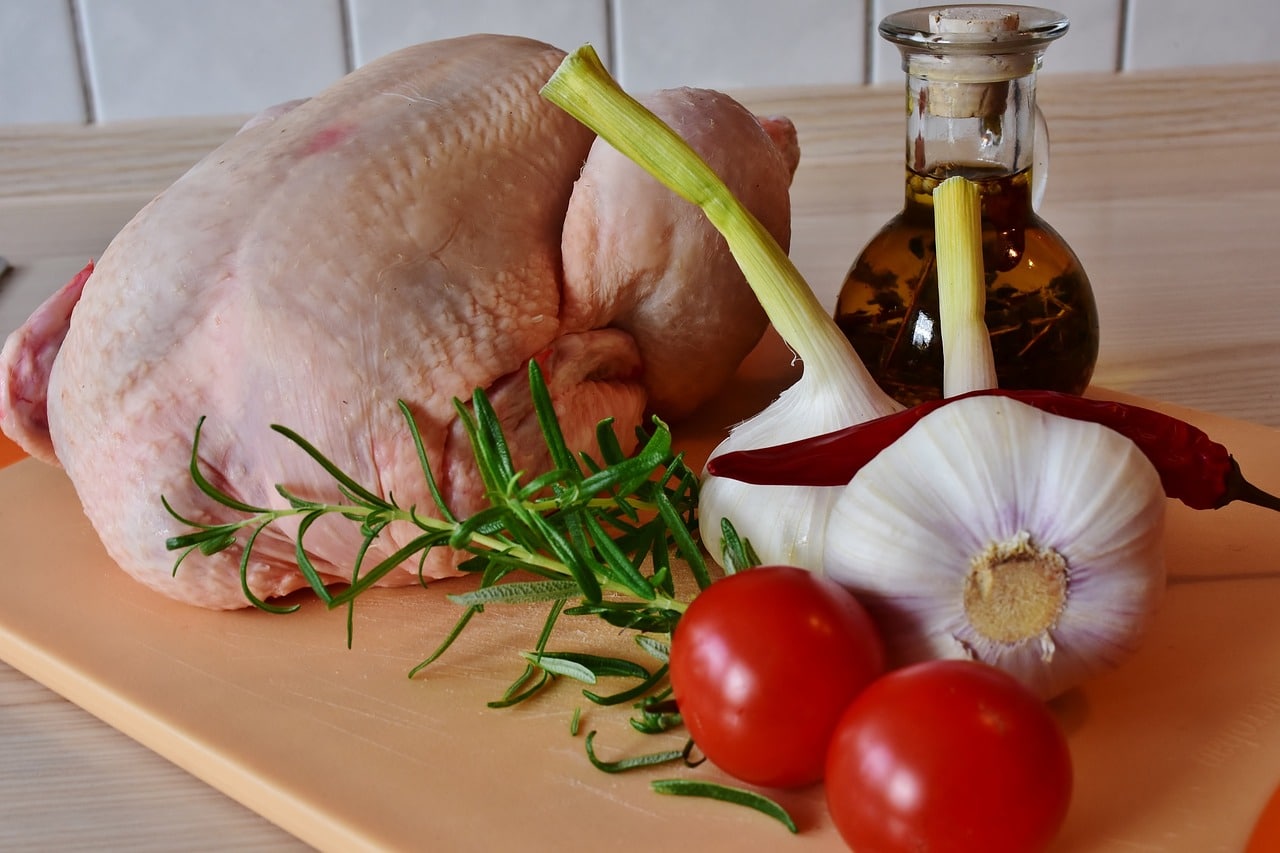
If your dog needs more protein in its diet, cooked chicken that hasn’t been seasoned is an easy way to add it. A serving of baked, boneless chicken shouldn’t be bigger than half an ounce. Make sure that the chicken you give your dog has been cooked all the way through. The AVMA says that eating raw or undercooked meat, like chicken, can give pets the same diseases that people get from eating raw meat, like Salmonella, E. coli, and Listeria.
Make sure that your dog doesn’t have an allergy to chicken. Protein, which includes chicken, is a common allergen that can make some dogs sick.
• Salmon
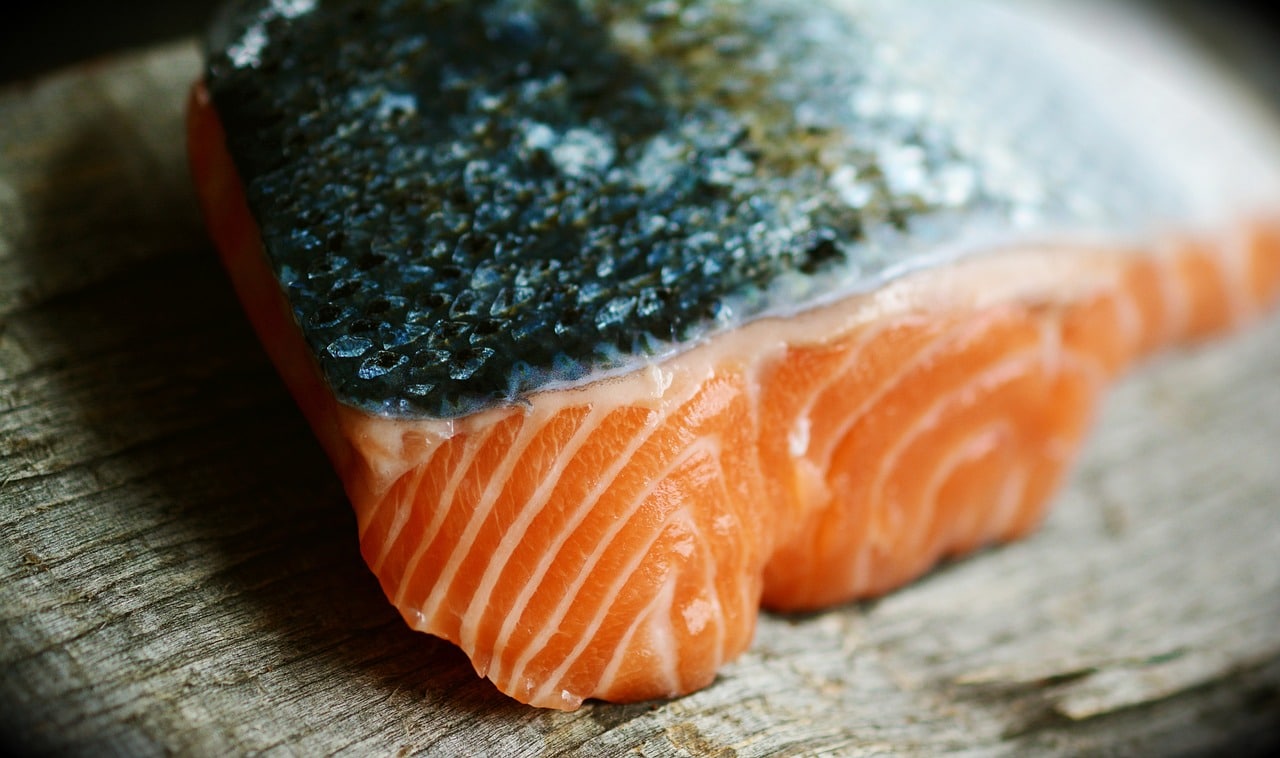
Omega-3 fatty acids are good for people, but they are also good for dogs. To give your dog a healthier, shinier coat, put some cooked salmon in its food bowl. You should only give your dog poached, grilled, baked, or steamed salmon that has not been seasoned or oiled. Never give your dog salmon that is raw or not fully cooked. Salmon can get a parasite that makes dogs sick when they eat it.
Check fish for bones before giving it to a dog, because even small bones can cause them to choke or hurt their internal organs.
• Broccoli
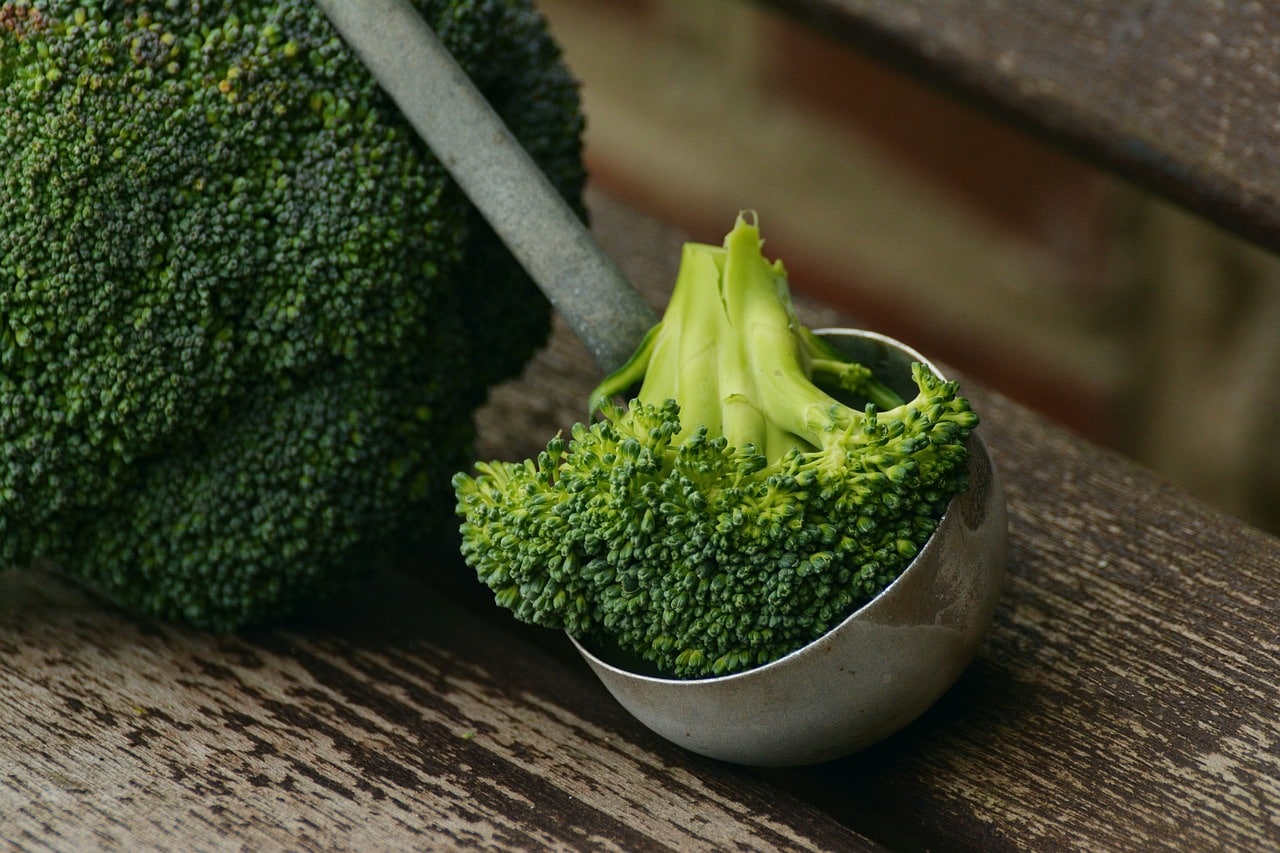
This vegetable is full of vitamins and can be a great way to give your dog a boost of nutrition on occasion. But it should only be given in small amounts because broccoli can irritate the digestive tract.
Broccoli can be cut into small pieces and eaten raw or cooked, with no seasoning or oil added. Broccoli stalks can cause your dog to choke, so cut them up before giving them to your dog.
• Pumpkin
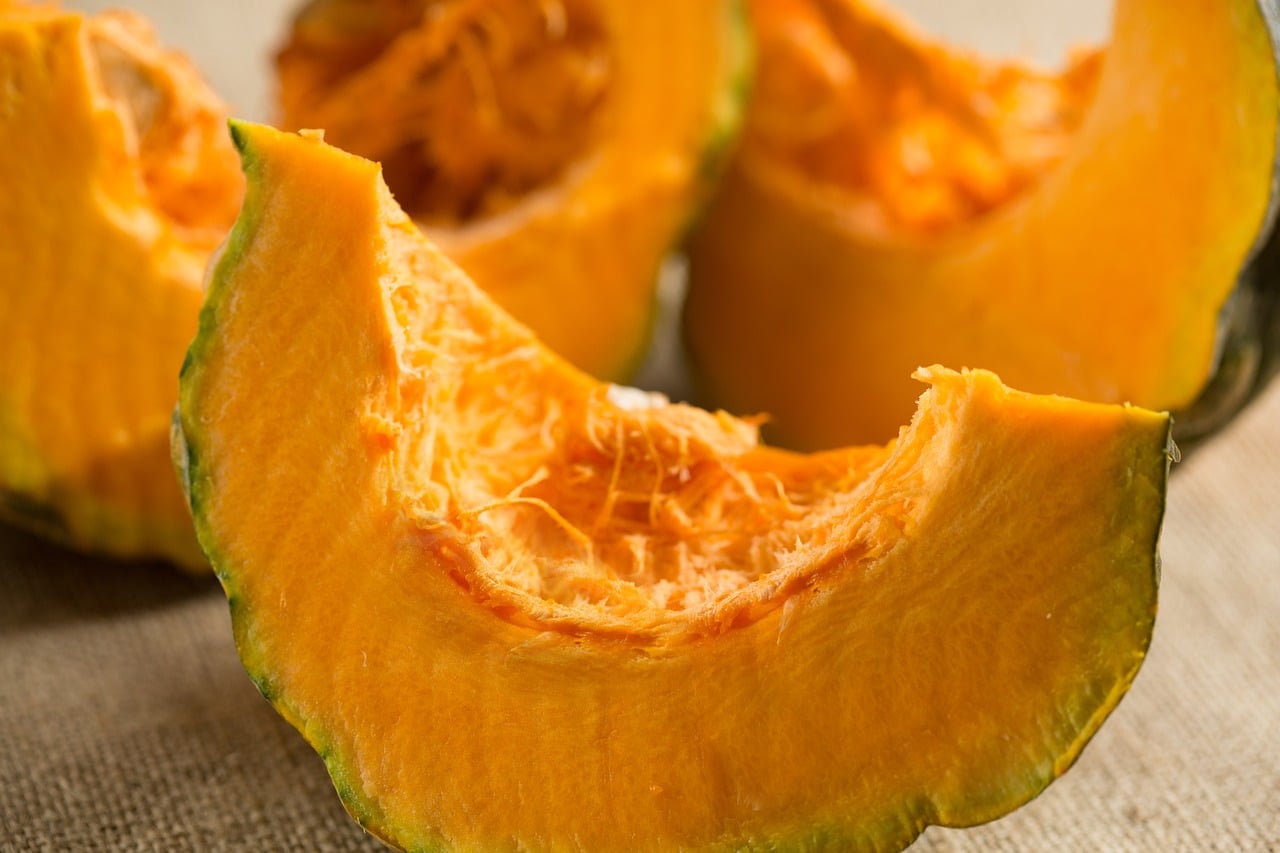
As an extra source of fiber and vitamin A, you can give your dog raw or canned pumpkin. It’s also a good thing to add to a dog’s diet if your dog is having trouble digesting.
When a dog has mild diarrhea or can’t go to the bathroom, canned pumpkin can help. Depending on the size of the dog, one to four tablespoons of pumpkin can be added to the dog’s regular canned food to help relieve constipation.
• Other Cheeses
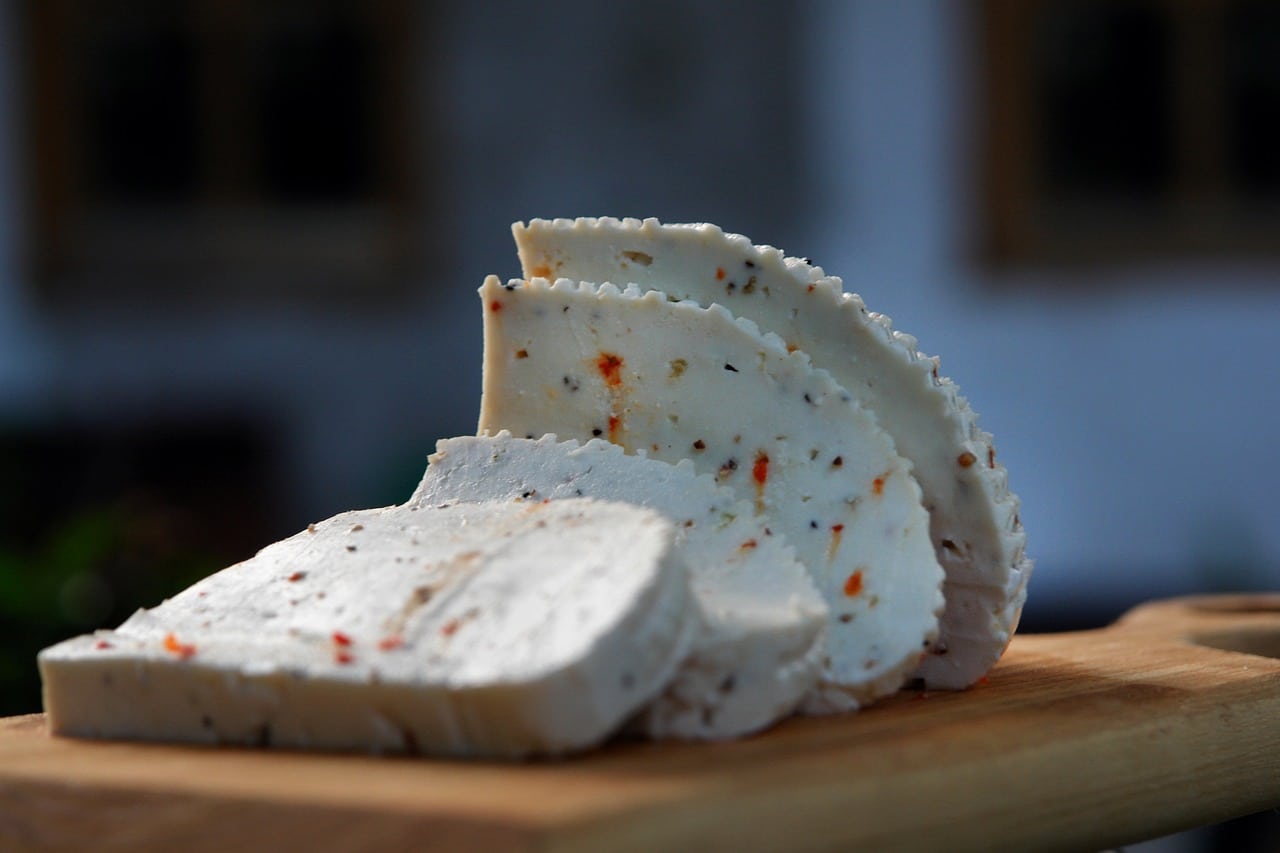
The American Kennel Club says that small amounts of cheese are a great treat for pets, as long as your dog can handle lactose.
To avoid giving your dog more salt and fat, choose plain cheeses like mozzarella and goat cheese that are low in salt and fat.
Because most dogs like cheese so much, it is often a good place to hide medicines for them. But antibiotics shouldn’t be given with cheese or other milk products because the high calcium content can make it hard for the medicine to work.
• Eggs
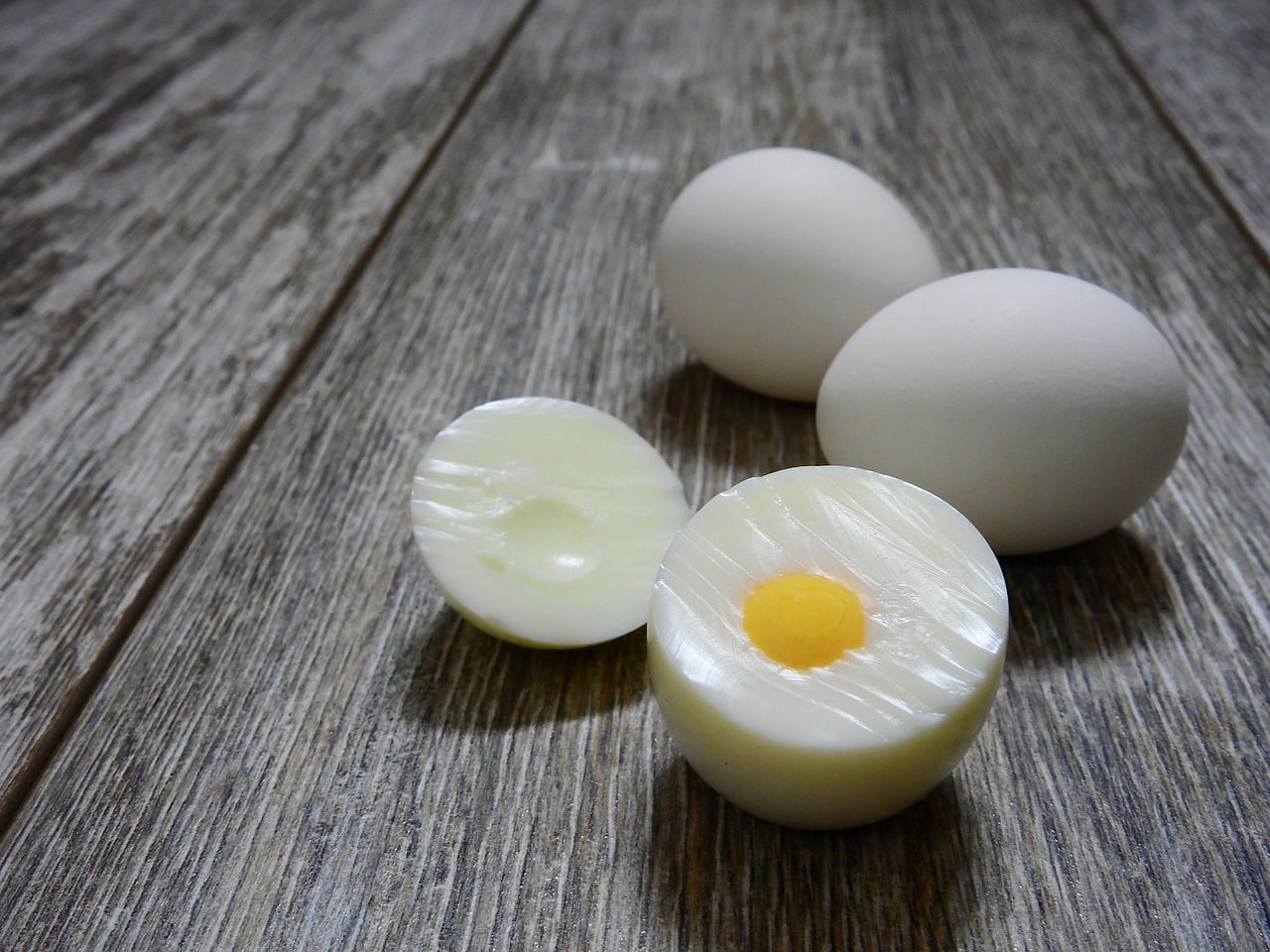
If your dog needs more protein, you can make him a healthy snack by scrambling or hard-cooking an egg once in a while. Eggs have a lot of protein, but they also have a lot of fat, so you shouldn’t give them to your pet too often. Salmonella can make your dog sick, so you should never feed your dog raw or undercooked eggs.
• Bananas
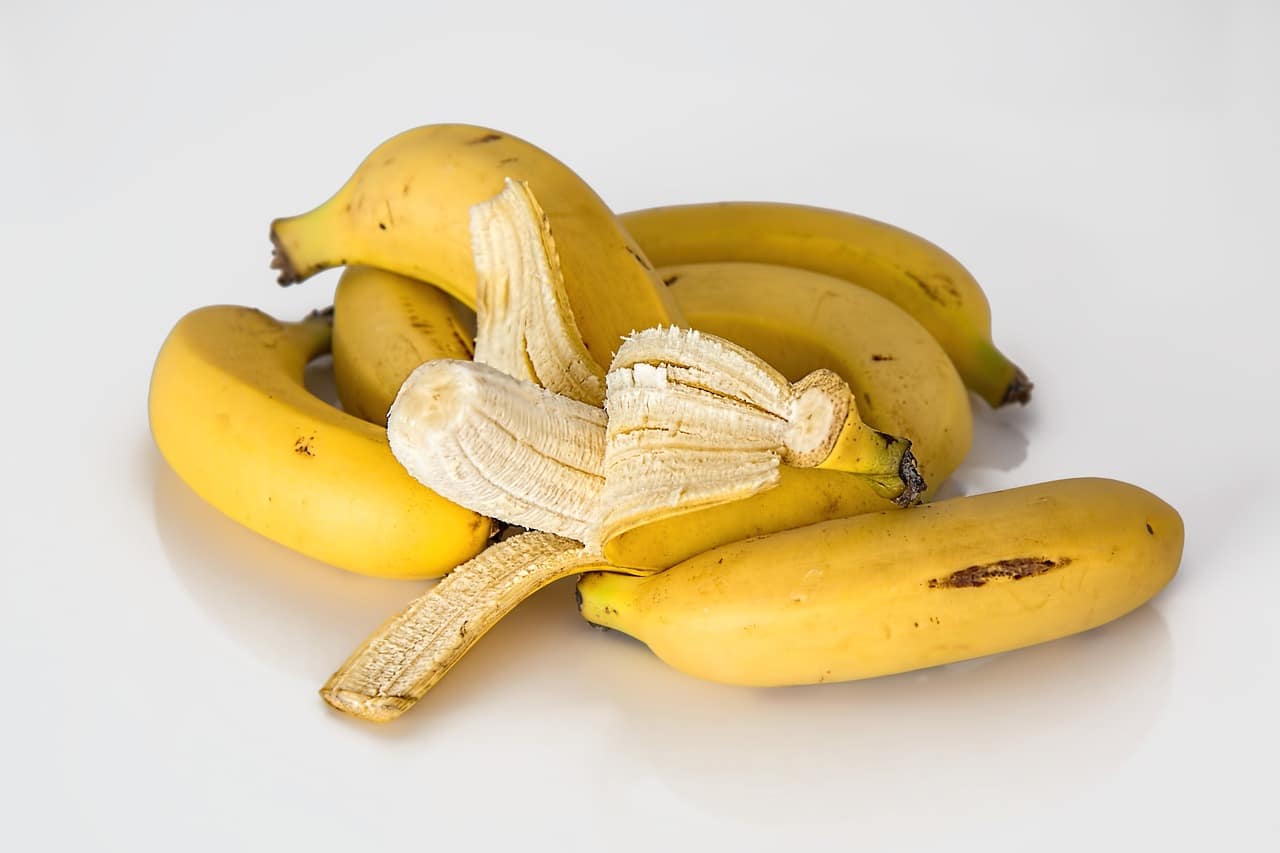
Bananas are good for your dog because they are full of potassium and vitamins B6 and C. You can give your dog small slices of banana, or you can mash them up and mix it with your dog’s regular food. Banana peels are hard to break down, so dogs shouldn’t eat them.
Bananas are another easy-to-digest food that can help a dog with an upset stomach feel better.
• Apples
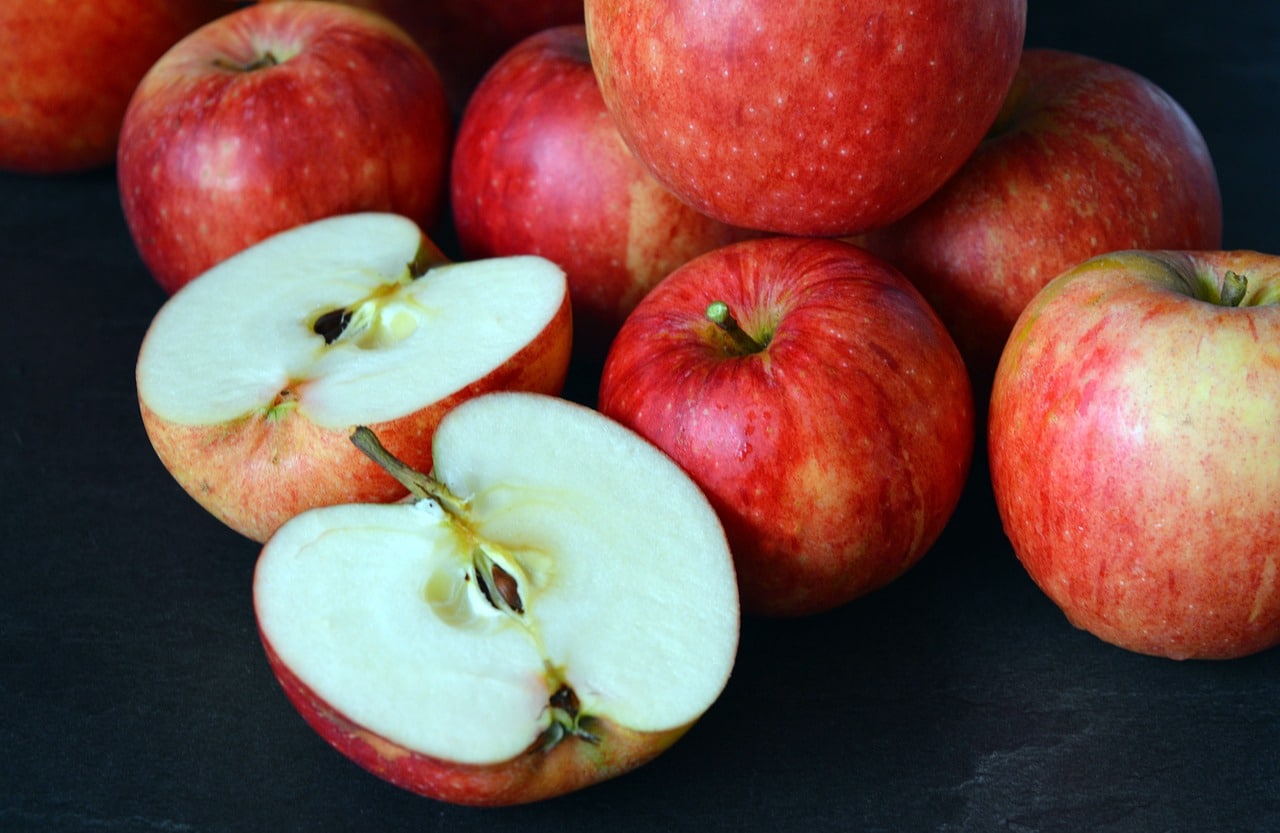
A few small pieces of chopped apple are a good snack for dogs. Remove the core and seeds from the fruit before giving it to your dog. Even though cyanide poisoning from apple seeds is rare, it is best to remove all of the seeds to be safe.
Apples are a sweet treat that is low in calories and gives your dog fiber and vitamins. Apples also help keep your dog’s teeth healthy because they are hard to chew.
• Strawberries
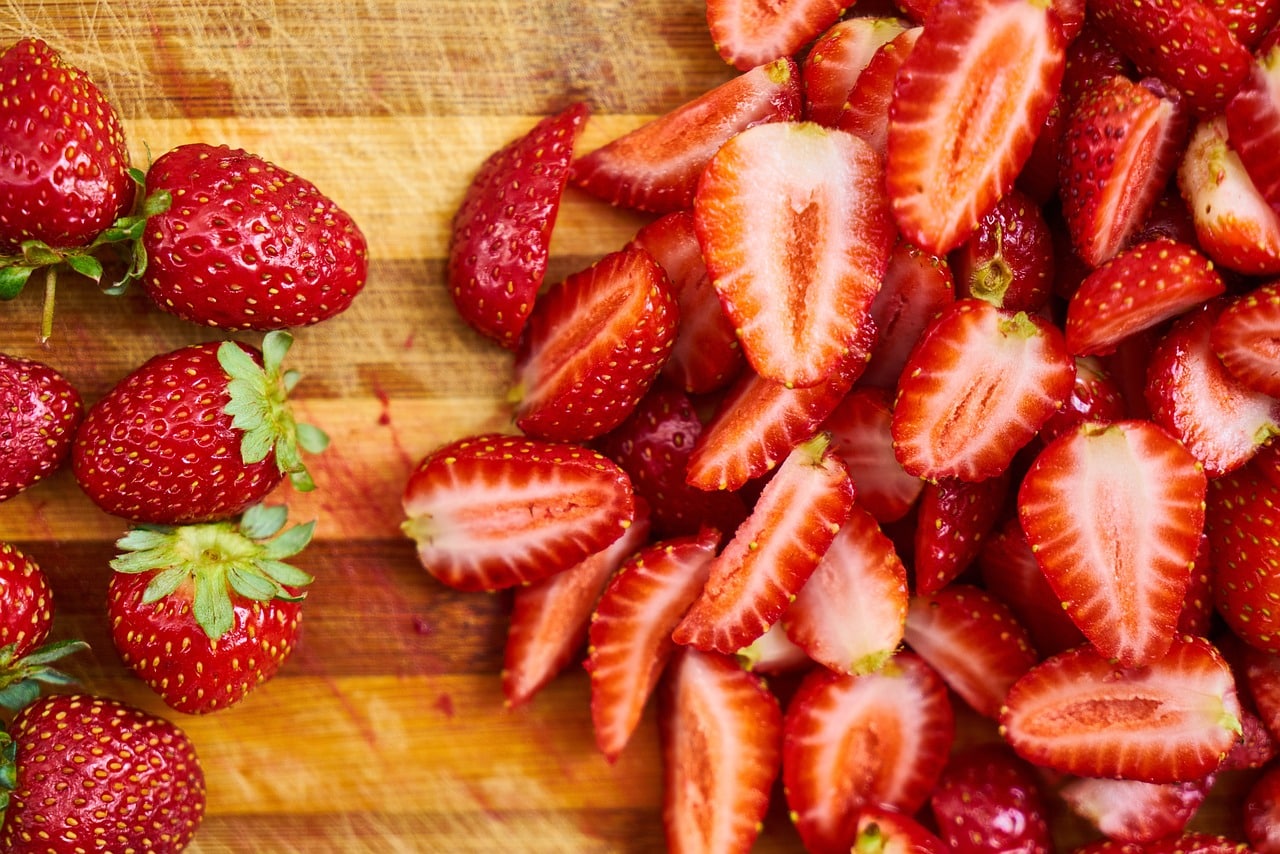
Strawberries are another tasty fruit that is full of vitamins that your dog will love. Before giving your dog fresh strawberries, take off the stems, wash them, and cut them up. Do not use strawberries that have been frozen or canned because they have added sugar and artificial ingredients.
You can also freeze strawberries before giving them to your dog as a cool snack. As with any treat, make sure that your dog doesn’t eat more than 10% strawberries.
Things that dogs shouldn’t eat
Foods that aren’t safe for dogs can cause everything from an upset stomach to trouble breathing or even death. Some of these foods make you feel sick right away, while others make you feel sick over time. When you have a pet, it’s important to keep the number for your local emergency veterinary clinic and animal poison control center handy. If you think your dog ate something poisonous, you should go to the vet right away.
• Chocolate
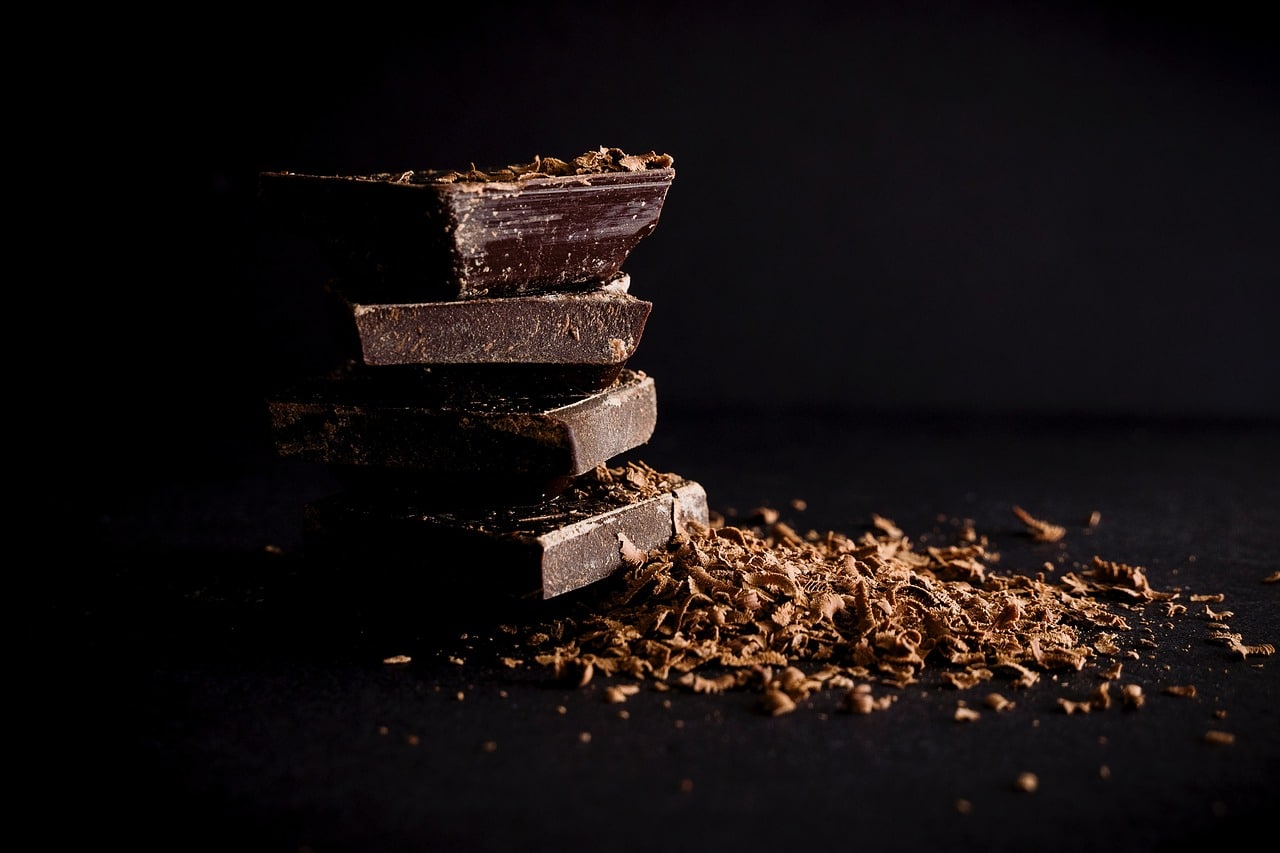
You may have heard that you should never give dog chocolate, and there’s a good reason for that. The tasty candy has a stimulant called theobromine, which is similar to caffeine and is a methylxanthine. If the dog eats a lot of it, it can cause a number of health problems.
Most dog poisonings are caused by chocolate, and many of them happen around the holidays when there is more chocolate in the house. It’s important to keep chocolate out of your dog’s reach at all times.
• Raisins and Grapes
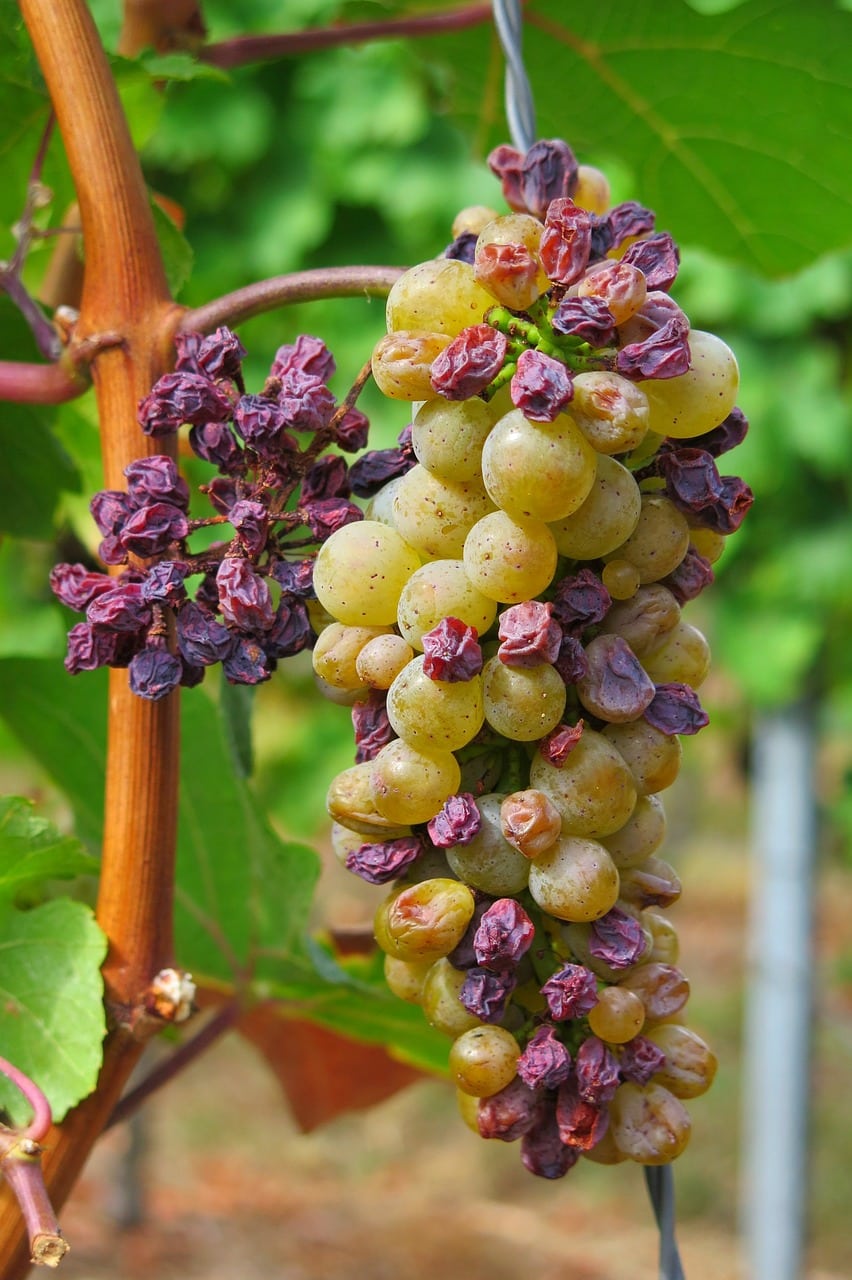
Grapes and raisins are good for people, but they are very bad for dogs. Even small amounts of these fruits can cause damage that can’t be fixed. Grapes and raisins can kill dogs whether they are eaten raw or cooked, so they should always be kept out of their reach.
• Onions
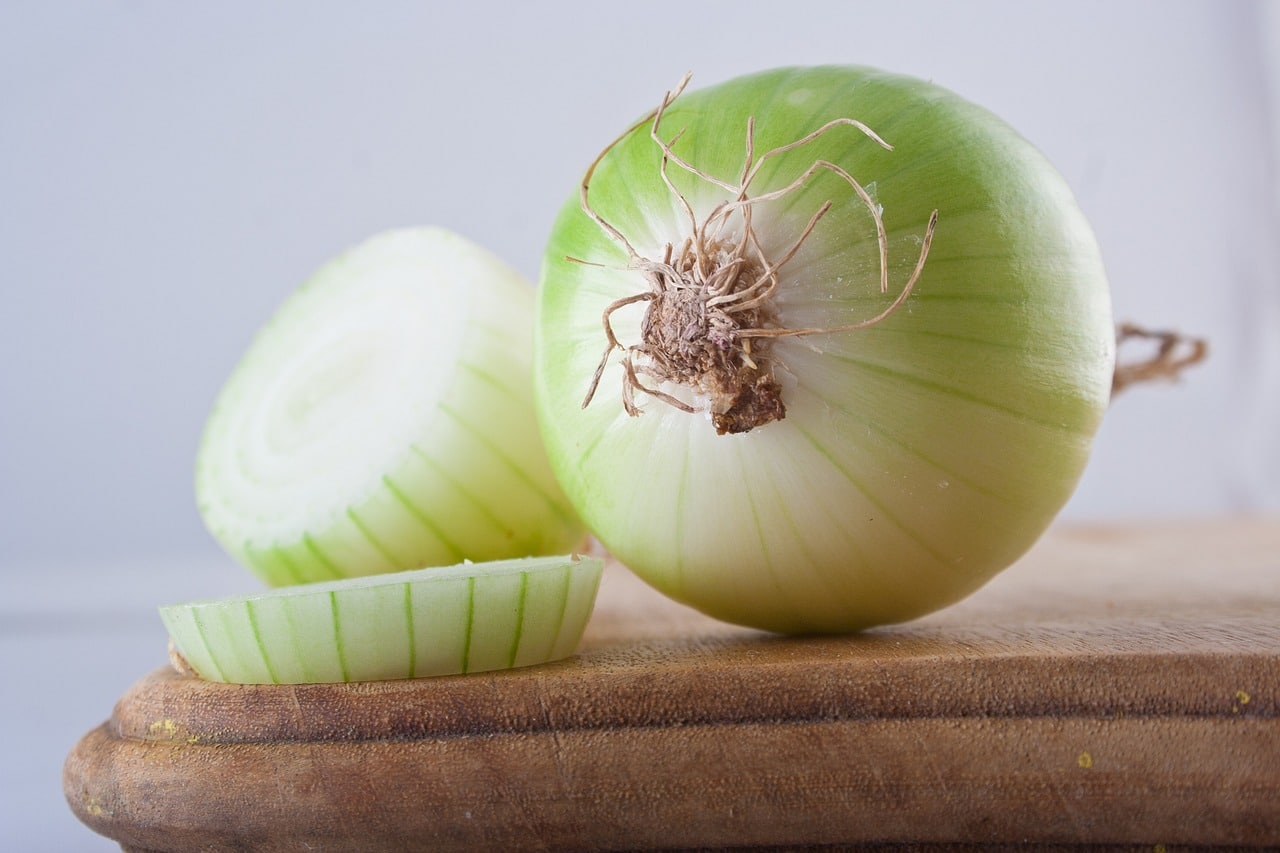
Onions and garlic, along with other foods in the Allium family like shallots, leeks, and chives, can make dogs very sick by hurting their red blood cells, which can lead to anemia or even death.
Depending on how much the dog ate, symptoms like vomiting, diarrhea, abdominal pain, depression, and loss of appetite may not show up right away. If you think your dog has eaten onions, garlic, or other plants in the genus, call your vet right away so they can help you keep an eye on your pet’s health.
• Avocado
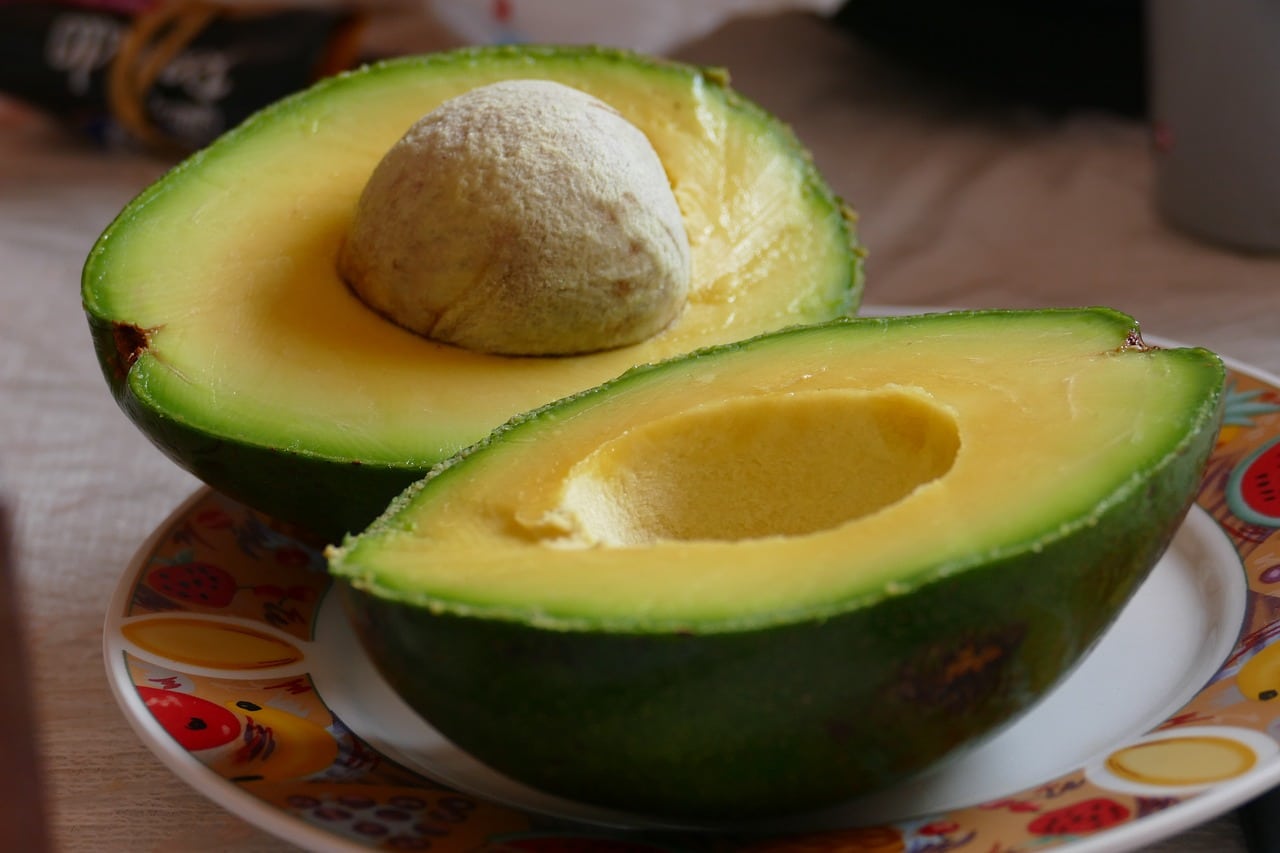
The leaves, fruit, seeds, and bark of avocados all have a poison called persin that can make dogs sick to their stomachs. When birds and other mammals like horses, rabbits, and guinea pigs eat avocado, they are more likely to have serious problems like heart damage and trouble breathing. However, dogs who eat avocado can get sick and have diarrhea.
• Macadamia Nuts
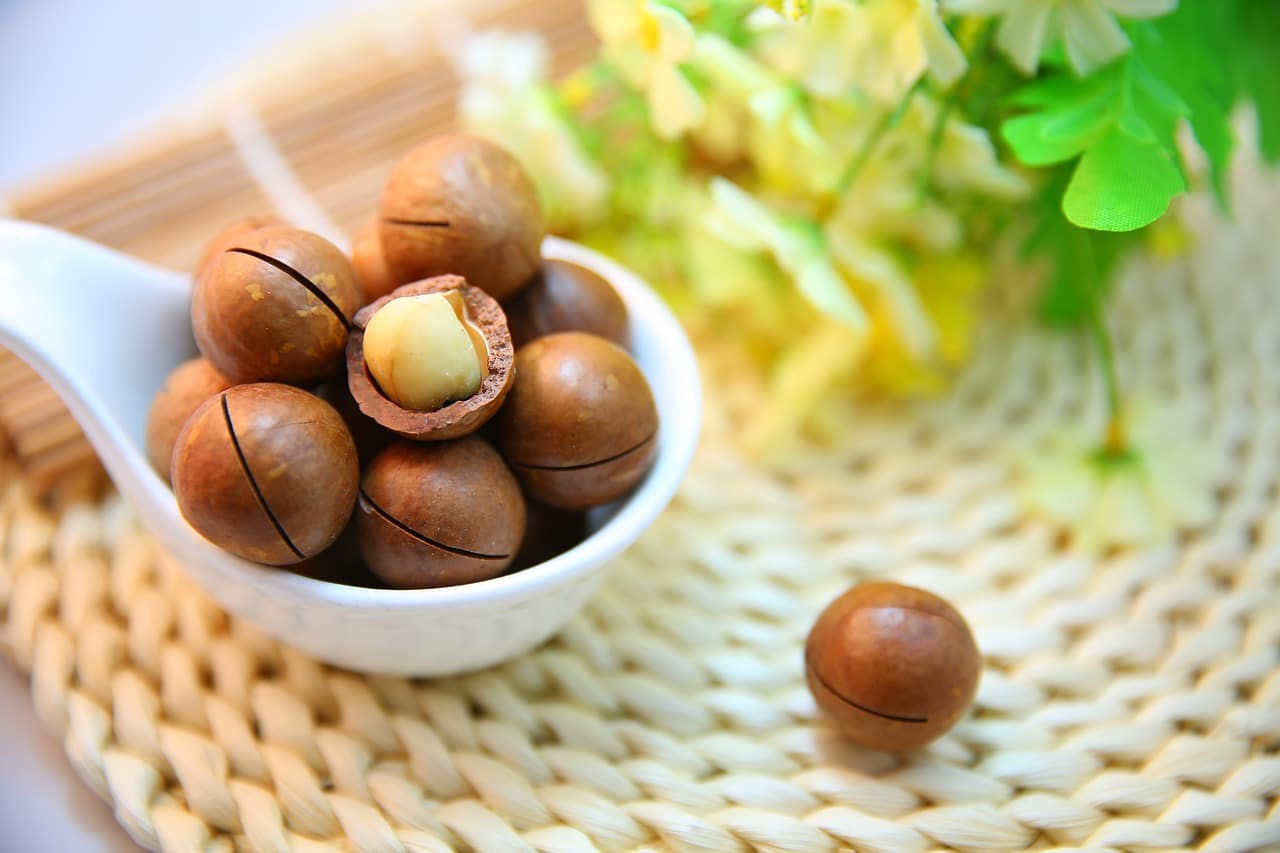
Even a small amount of macadamia nuts can make a dog sick, make it weak, make it shake, and make it sad. Most of the time, symptoms start within 12 hours and last between 12 and 48 hours. If you think your dog has eaten macadamia nuts, you should talk to your vet right away.
If you don’t want your dog to try these nuts, you should keep any baked goods with macadamia nuts out of reach.
• Alcohol

Even if a dog only drinks a little bit of alcohol, it can get very drunk, which can cause serious illness. Dogs can also get drunk on ethanol by drinking perfume, medicine, paint, or antifreeze, or by eating rotten apples, sloe berries, or dough that hasn’t been cooked.
If you think your pet has eaten something with alcohol in it, you should call your vet right away.
Frequently Asked Questions
How much chocolate makes a dog sick?
The American Kennel Club says that a dog can show mild signs of toxicity if it eats 20 milligrams of methylxanthines per kilogram of body weight. Methylxanthines is the toxic ingredient in chocolate. If the dog eats more than 40 milligrams per kilogram, it could have heart problems and have seizures.
Is it better for dogs to eat people food than dog food?
Studies have shown that it’s easier for dogs to digest food made for humans than regular dog food. Most pet food is made from 4D meat, which is meat from animals that are dead, sick, dying, or can’t move. Still, you should always make sure that the human food you feed your dog is healthy, well-balanced, and safe.
If your dog eats something bad, what should you do?
Call your vet right away if you think your dog has eaten something poisonous. Use the Pet Poison Helpline (855-764-7661) as a back-up plan. Your vet will tell you if you should take your dog to the clinic or just watch its symptoms at home.
How long does it take for a dog to get sick after it eats something?
If your dog eats something it shouldn’t, you might notice symptoms like vomiting, diarrhea, urinary incontinence, restlessness, shaking, and/or diarrhea after a couple of hours. But, depending on what it ate, symptoms might not show up for a few days.
